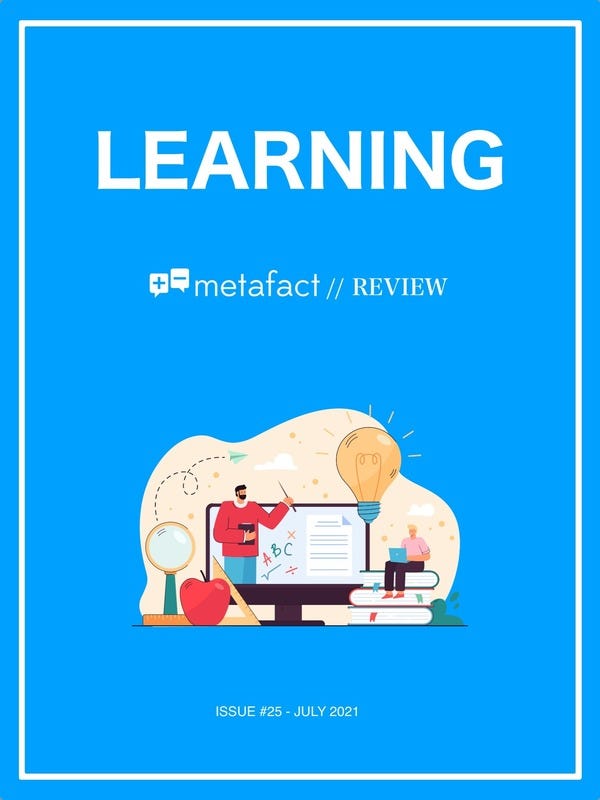Can diet make acne worse?
Hello everyone,
Like many people, I suffered from acne during puberty and I continue to have some level of acne in my adult life. When I was a teenager, my mother would often tell me to eat less chocolate to reduce the acne. I always assumed this was just a ploy to make me eat healthier!
Many factors can affect acne, but is diet one of them? We asked 5 experts in dermatology, acne and microbiology, ‘Can diet make acne worse?’, here is what they said…
Each month we investigate a topic voted by the community by asking the world's top experts to review the evidence. Please vote on which topic you would like us to review next month here:
EXPERT CONSENSUS
Can diet make acne worse?
80% agreed from 5 experts
What is acne?
Acne is a skin condition where hair follicles under the skin become clogged and can cause spots and oil skin. It most commonly affects younger people and can appear on the face, back and chest.
How do we know whether diet makes acne worse?
There are multiple ways to study the relationship between diet and acne. Dr Gregory Delost, an expert in dermatology, describes a “systematic review between January 2009 and April 2020, [in which] the authors evaluated 42 observational studies and 11 interventional clinical trials and found multiple dietary factors associated with acne.”.
‘Observational studies’ means studies which simply compare two groups of people, in this case people who have different diets. ‘Interventional clinical studies’ means studies where groups of people are asked to change their diet and the effect on their acne is measured. Whilst overall the review concluded that there is an association between acne and diet, the interventional studies found a weaker link than the observational ones.
Each study comes with its own caveats. For example, some of the observational studies depended on people keeping a food diary. Dr Delost says “Nutritional research relies heavily on dietary recall, which is fraught with limitations, bias, and confounding variables as people tend to underreport ‘bad’ foods and overreport ‘good’ foods, while not paying close enough attention to ingredients and portions. Some critics of diet-based studies even go as far to claim that they do not follow the scientific method and should be regarded as pseudoscience.”
Which foods are linked to acne?
Professor Gabriella Fabbrocini, an expert in acne from Naples University in Italy, says “high glycaemic load diet and frequent dairy consumption, in particular total and skim milk, are the leading factors in establishing the link between diet and acne.” High glycaemic load (GL) means foods with carbohydrates that are broken down quickly in the body. These include sugary foods and drinks, white bread and rice.
Dr Delost adds “acne-promoting factors include high GL food, dairy products, fatty food, and chocolate, whereas acne-protective factors include fatty acids as well as fruit and vegetable intake.”
How might diet lead to acne?
Dr Jerry Tan, a dermatologist from Western Ohio University, says “high glycemic index foods can elevate insulin and insulin-like growth factor 1 levels. Both these hormones can increase sebum excretion and change components of sebum to ones that are more pro-inflammatory”. Sebum is an oily substance made by sebaceous glands in the skin.
What other factors affect acne?
Dr Kelly Haas, an expert in skin microbiology from Massachusetts University, says “Acne pathophysiology is multifactorial (and largely still unknown), so dietary changes may not work for all cases.” Acne is associated with hormone levels which can vary during puberty, menstrual cycles and pregnancy. It is also well as genetics and reactions to medications or cosmetic products.
The takeaway:
Although more research is needed, diet may be associated with acne.
May the facts be with you!
Eva
METAFACT REVIEW
Can we really learn a language with an app?
Exclusive reviews for our fact-loving members.
Each month we investigate a topic voted by the community by asking the world's top experts to review the evidence. Reviews are what you need to know. You can read all the reviews online here.
Learning is fundamental to human progress. Babies for example, are constantly absorbing the sights and sounds around them - taking cues from their environment. Children begin to communicate without their parents teaching them - they just seem to spontaneously start. Teenagers then engage in formal learning programs at schools and universities.
As adults, we continue to learn. Whether it's at work or home, from learning how to cook Mexican food or another language. Yet life is short and time is precious, so everyone is trying to figure out how to maximize their learning progress. What is the difference between all types of learning? Can you learn new things when you are old? Should schools move to teaching outdoors? Can you learn a new language just by using an app? Here's what we found...

